
10 Ways to Stop Making Yourself Miserable
We all make the best choices we can, but sometimes our choices backfire and make us miserable. Here are 10 error zones you can manage so that you don't make yourself miserable.
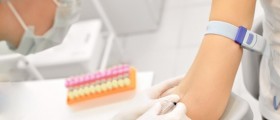
Research Reveals That Hypertension Is More Dangerous To Women
High blood pressure works differently in women and this difference puts female hypertension patients at risk of vascular disease, a new study finds.
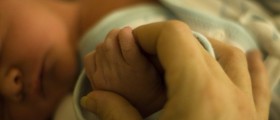
What You Need To Know About Newborn Care In The First Month
Expectant parents may be really excited about meeting their baby, but also a little scared about caring for their little one in the early months. Our tips should help you gain confidence.

Could Swaddling Damage Your Baby's Hips?
Swaddling comforts many babies and, by extension, their parents — but could the practice of wrapping your baby tightly lead to hip dysplasia?

Most Effective Hair Loss Treatments
Male pattern baldness is the most common form of baldness. Baldness usually starts with the hair at the temples, which gradually recedes to form an "M" shape.

How to Detox Your Body from Alcohol and Drugs
Overcoming alcohol or drug addiction is not a do-it-yourself process. If you choose to quit using alcohol or drugs for good, it's always better to avail yourself of the many therapies and support groups designed to assist recovery.
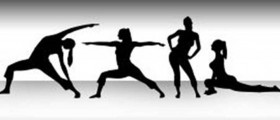
Physical Activity Reduces Chances Of Cancer
Physically active are less likely to develop cancer There is convincing evidence that physical activity reduces the risk for specific forms of cancer.
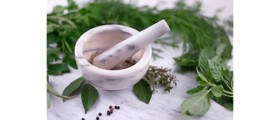
Homeopathy
The term homeopathy comes from Greek and translated literally it means- “similar suffering”. Generally, it represents an act of alternative medicine that attempts to treat "like with like.
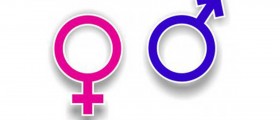
Are You Allergic To Sex?
A rare condition, in which some women can be allergic to sex with men, can occur. The compounds in the semen that appear to trigger this allergy seem to be proteins from the prostate gland.
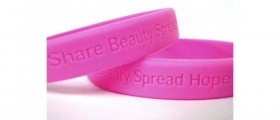
Sexual Intimacy And Breast Cancer Survivors
Sexual problems have been reported in up to 90% of breast cancer survivors, 50% of whom experience chronic difficulties.

